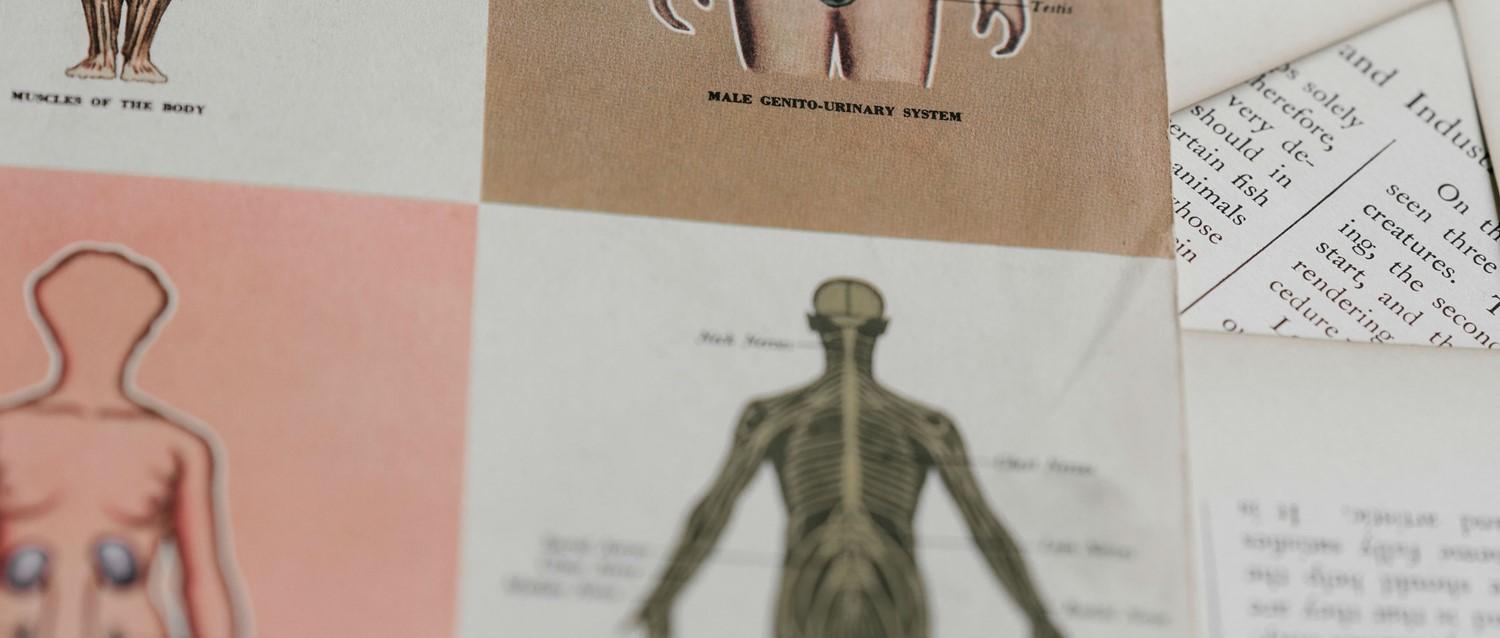
Symptoms you need to stop hiding from your doctor
Peer reviewed by Dr Sarah Jarvis MBE, FRCGPLast updated by Dr Dawn Harper, MRCGPLast updated 10 Dec 2018
Meets Patient’s editorial guidelines
- DownloadDownload
- Share
- Language
- Discussion
Everyone knows our NHS is stretched and no one wants to waste their doctor's time, but there are some things your GP really wants to know about. This is by no means a comprehensive list but here is my top 10 list of symptoms not to ignore.
In this article:
Continue reading below
A breast lump
To be fair, there is nothing that gets a woman through my surgery door faster than a new-found lump in the breast. Thankfully most are benign. In fact, nine out of 10 lumps that are seen by specialists are not cancer. But it is important to be breast-aware and report any new change to your GP straightaway.
Breast cancer does affect men but it's about 150 times less common in men than women. Nonetheless, if you're a man and develop a new lump, the same principles apply - get it checked with your GP.
A testicular lump
Just like breast lumps, lumps on the testicles are alarming but luckily most turn out to be completely benign. However, unlike the majority of cancers, testicular cancer can strike young. So chaps, get into the habit of examining your bits and make sure you tell your GP if you find anything untoward.
Continue reading below
Blood in your poo
Blood in your poo may be bright red or tarry black. It can be mixed in with the stool, fresh in the pan or just on the paper. The most common explanation will be haemorrhoids, more commonly known as piles. But this symptom can also be one of the early signs of bowel cancer. It's important to get checked out, because cancer diagnosed early is more easily cured. So even if it only happens once, go to see your doctor.
Do I really need to see my doctor?
Blood in your pee
Blood in your pee may look pale pink, bright red or even dark brown like the colour of cola. And whilst the most likely cause will be infection or inflammation, it could also be a sign of bladder or kidney cancer.
Importantly, in the early stages of kidney or bladder cancer, blood may come and go. So get into the habit of checking and always report any possible blood to your doctor, even if you saw it once and it's disappeared.
Continue reading below
A changing mole
Any mole that changes shape, size or colour or that starts to itch or bleed needs looking at. This applies to a new mole you haven't seen before, or changes in an existing mole. Get into the habit of checking your moles regularly and always report any change to a doctor.
Unexplained weight loss
It may feel great if suddenly you lose weight without trying but anyone who loses half a stone or more without an obvious explanation needs to see a doctor. If you have other accompanying symptoms, such as being off your food, a change in your bowel habit (usually to looser or more frequent bowel movements) or tummy pain, it's all the more urgent.
But unexplained weight loss needs looking into even if you don't have any other symptoms. It may simply be that your thyroid gland has become overactive but it can also be a sign of underlying cancer.
An unexplained fever
If you have a cough or a cold you may expect to have a temperature or if you are menopausal you are likely to suffer night sweats. But if you develop a fever without an obvious cause, your GP will want to do some tests to rule out cancer or an unusual infection.
A sore throat or mouth ulcer that won't leave
A sore throat that lasts for more than three weeks or a mouth ulcer that doesn't heal over the same time frame, needs to be checked out by your doctor or dentist to exclude the possibility of cancer.
A persistent cough
Especially in smokers, anyone with a persistent cough needs investigating to rule out cancer or chronic obstructive pulmonary disease (COPD). It is easy to put this symptom down as a 'smoker's cough' but it is not normal to be coughing every day and it needs checking out.
An expanding waistline
This may not seem like a symptom but women with a waist greater than 31.5 inches and men greater than 37 inches are at increased risk of developing type 2 diabetes. Because the early symptoms of type 2 diabetes are often vague and fairly mild (feeling a bit tired, being more thirsty than usual, developing minor infections like boils or recurrent thrush) it's easy to miss them or ignore them.
But if you have type 2 diabetes and aren't treated, you're putting yourself at risk of kidney, eye and nerve damage, as well as heart attack and stroke. It is thought that one in four people with diabetes in the UK are not yet diagnosed, so check your waistline today. If you are at risk, make an appointment to see your doctor or nurse and take a urine sample along with you.
Patient picks for Healthcare

General health and lifestyle
How can technology help us manage health conditions?
As more and more of us use technology to manage and simplify everyday tasks, our lives are becoming increasingly digital. And when it comes to our well-being, there are a myriad of different online options to help us stay on top of our health.
by Milly Evans

General health and lifestyle
How to ease worry when waiting for medical test results
Health care screenings, doctor appointments and medical tests are a common part of life. We rely on them to monitor and maintain our overall health. So if you happen to be someone who finds waiting for results particularly difficult, what can you do?
by Victoria Raw
Continue reading below
Article history
The information on this page is peer reviewed by qualified clinicians.
10 Dec 2018 | Latest version

Ask, share, connect.
Browse discussions, ask questions, and share experiences across hundreds of health topics.

Feeling unwell?
Assess your symptoms online for free
Sign up to the Patient newsletter
Your weekly dose of clear, trustworthy health advice - written to help you feel informed, confident and in control.
By subscribing you accept our Privacy Policy. You can unsubscribe at any time. We never sell your data.